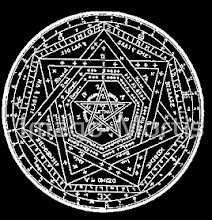on karma and social organization
[...] Buddha was deeply averse to the use of the theory of karma for creating castes, and insisted that all humans have equal capacity for attaining liberation, in part by at first accepting karma, then finally seeing its lack of inherent existence.[...]
Certainly Buddhist societies are not above distorting their own doctrines in order to maintain social control, but this is not the fault of the Buddha or the doctrine. On the other hand, Buddhist monasteries are often wonderfully anarchical and democratic in structure, and their precepts enforce a communal way of life that puts the best social theories of the West to shame.[...]


 The Social Music Revolution
The Social Music Revolution


